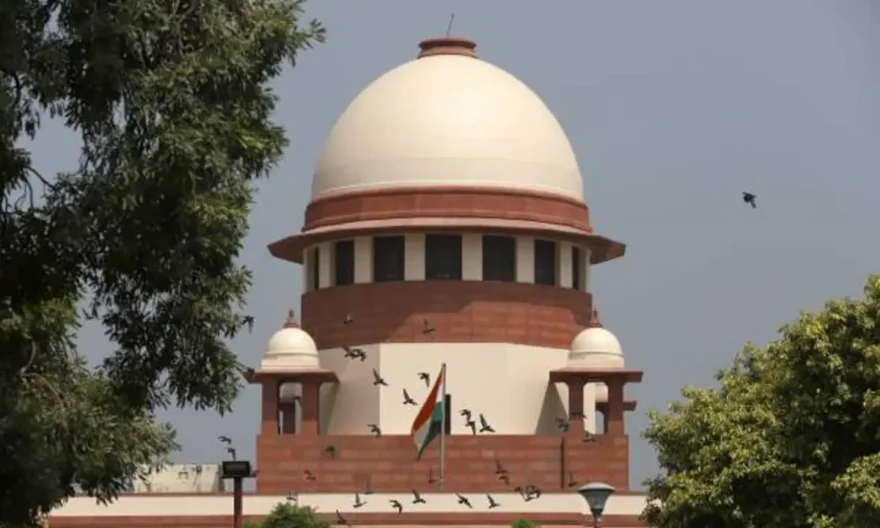
The Supreme Court has scheduled a hearing for November 2 regarding a plea submitted by a group of academicians and researchers. These petitioners are seeking guidelines to ensure that the police handle academic work and research, typically stored on the computers they seize during raids, in a manner that respects privacy and data integrity. Senior advocate Nitya Ramakrishnan, representing the petitioners, had requested an expedited hearing.
The bench, comprising Justices Sanjay Kishan Kaul and Sudhanshu Dhulia, had previously issued a notice to the Centre in response to a plea filed by professors Ram Ramaswamy, Sujata Patel, professor M Madhava Prasad, professor Mukul Kesavan, and theoretical ecological economist Deepak Malghan. The academics argue that the seizure of their personal digital devices violates their right to privacy and puts their life’s work at risk when the police confiscate their computers and drives during raids.
The petition calls for the Central and State governments to establish guidelines governing how investigative agencies in the country handle the seizure, examination, and preservation of personal digital and electronic devices and their contents.
The plea emphasizes that individuals from the academic field or distinguished authors have had their devices seized in various recent cases. It further underscores that the academic community relies on electronic or digital mediums to conduct and store research and writing. Therefore, there is a substantial risk of damage, distortion, loss, or premature exposure of academic or literary work when electronic devices are seized.
Tampering with or damaging the data and research of these academicians could result in significant and often irreplaceable losses in the fields of sciences and social sciences. The plea contends that the unregulated authority exercised by investigative agencies over devices that contain a significant portion of a person’s personal and professional life should be subject to directives from the Supreme Court.
The petitioners argue that a copy of the seized data should remain with the accused in a form that cannot be modified.




